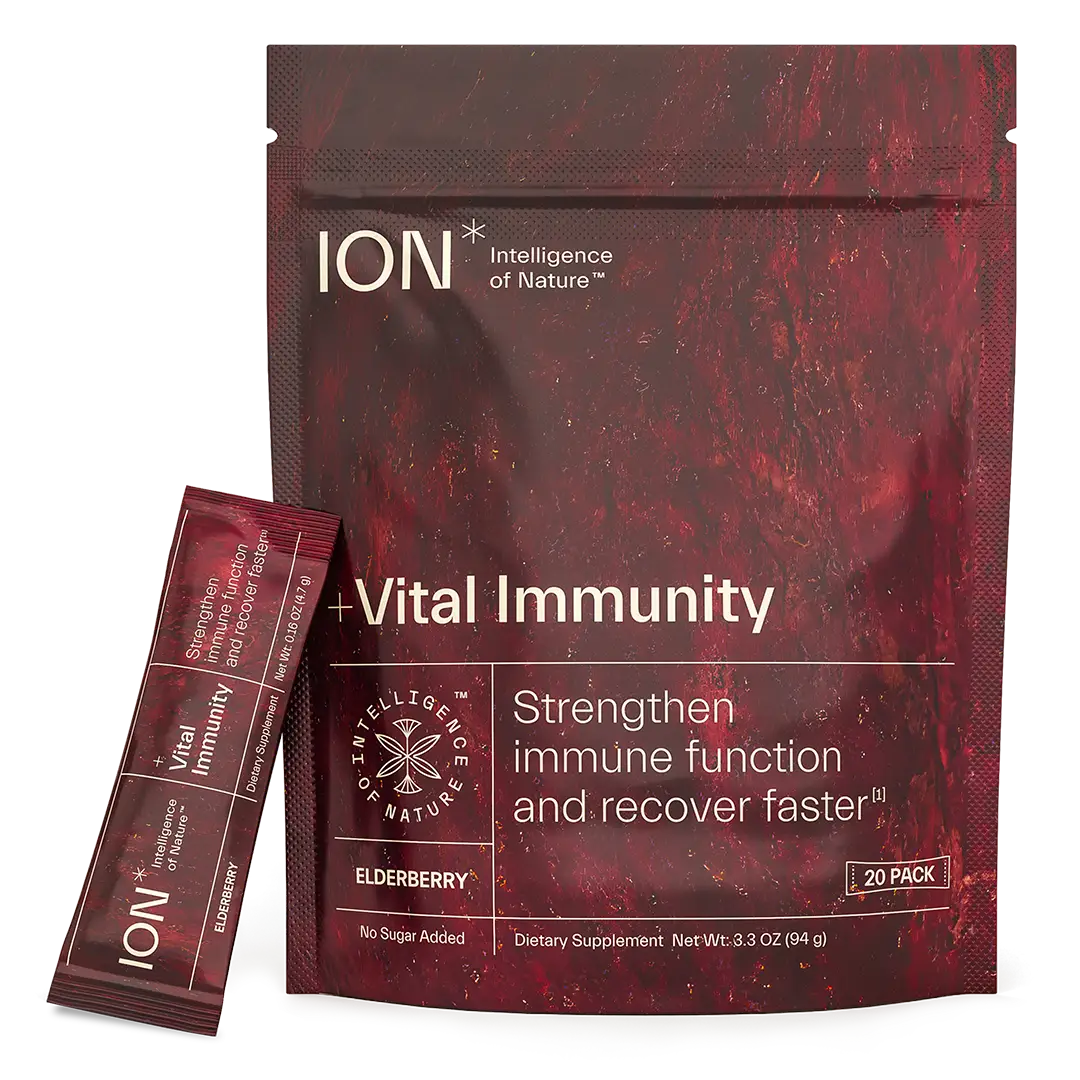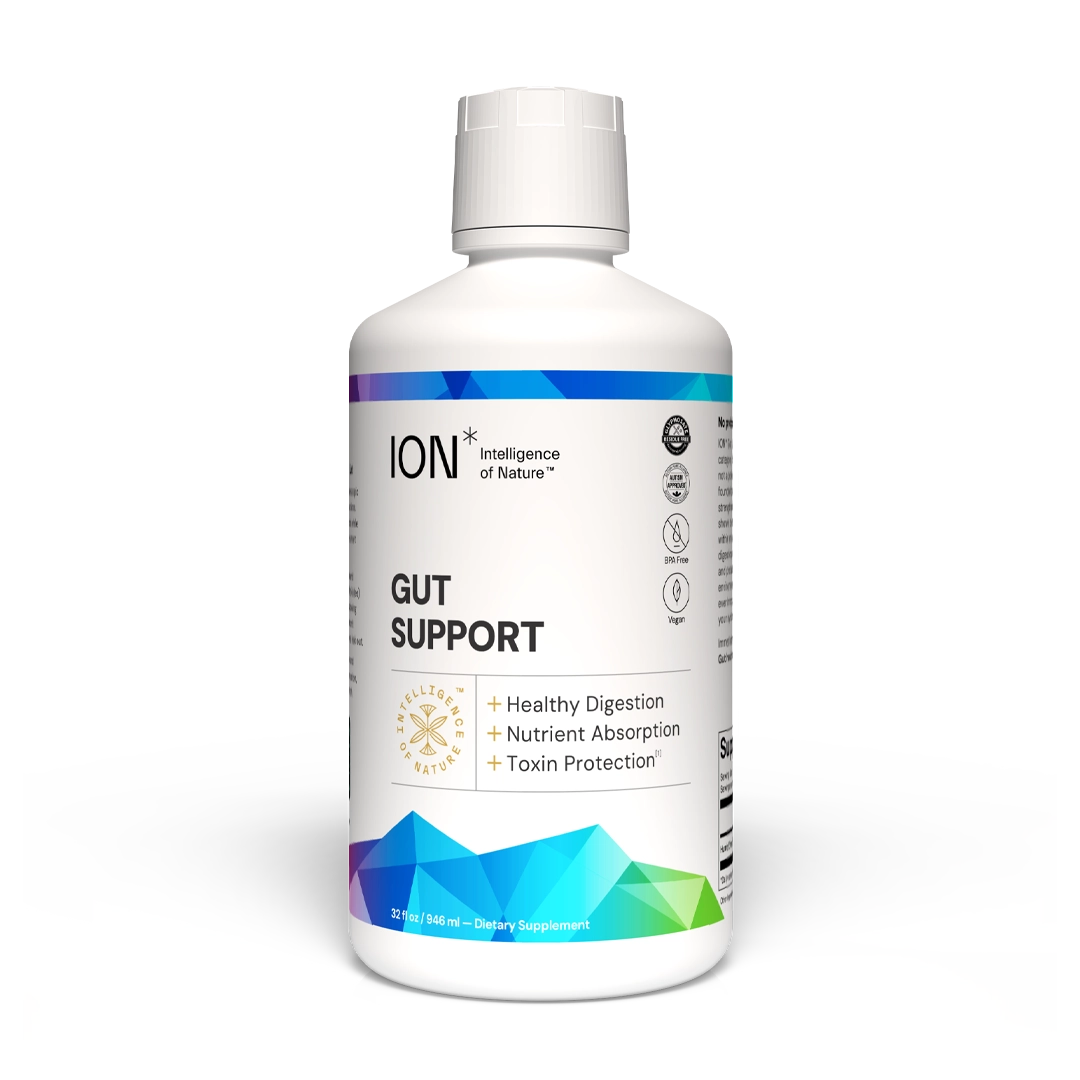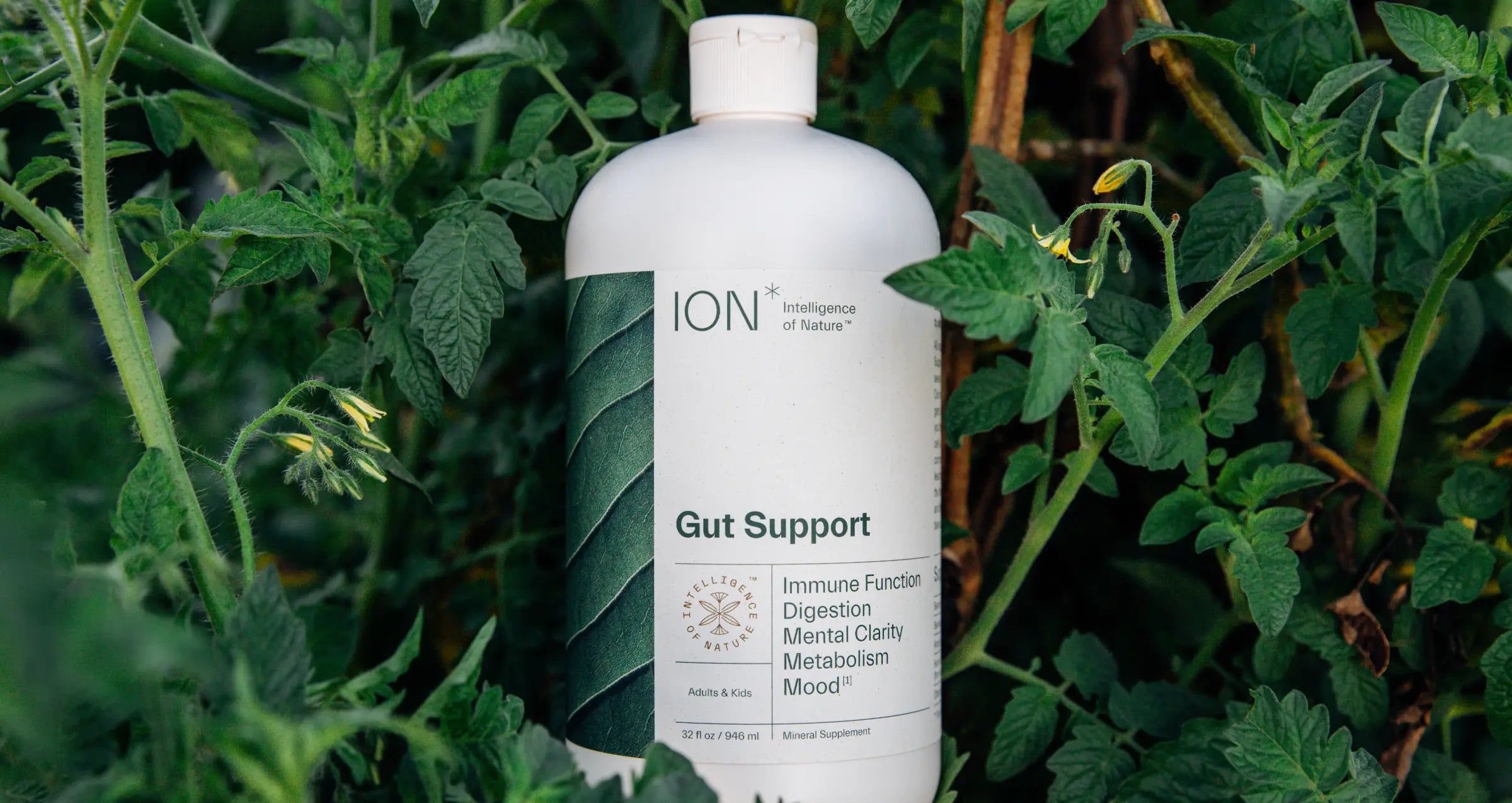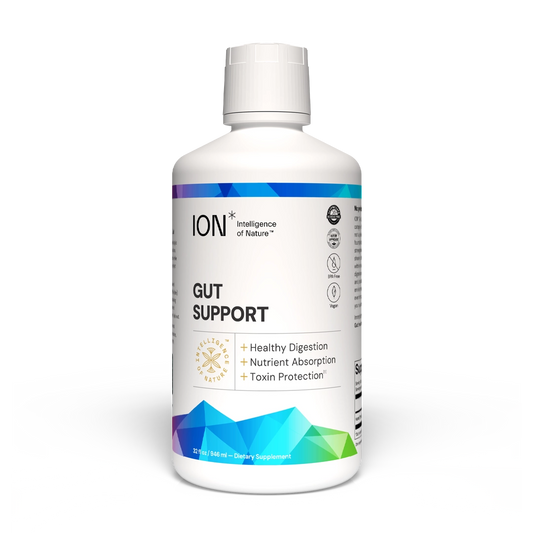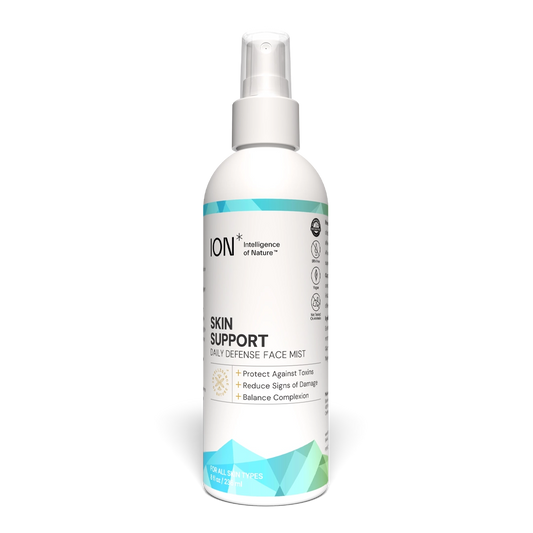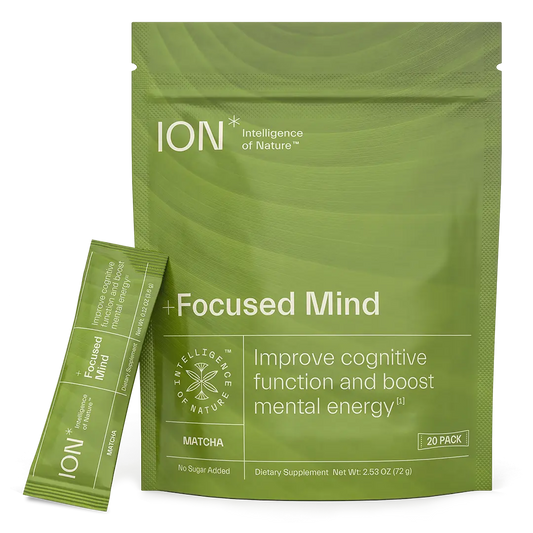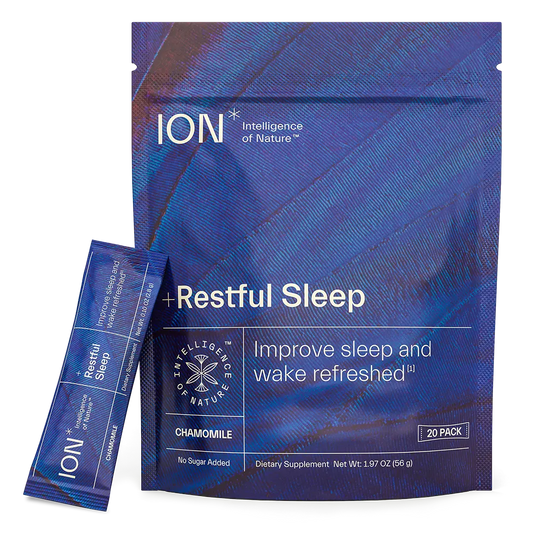We know the immune system is important. (Of course!) But what else do we know about it? Here are some interesting facts about your body’s protector that may surprise you. (And/or help you win at trivia next time you find yourself out on a quiz night.)
1. The Immune System Is Not a Central Place
For starters, “system” is a good descriptor for your “immune system”. It’s a complex, fascinating network of cells, proteins, tissues, and organs that enable your body to defend itself from just about everything: bacteria, viruses, parasites, and more. If it detects something unwanted or hazardous, your immune system raises the alarm to rally and vanquish the problem.
2. Your Immune System Has Two Distinct Parts
Your immune system is also made up of two distinct parts: your innate immune system, which you’re born with, and your adaptive immune system, which you develop.
Inner and outer surfaces of the human body–including parts of your eyes, respiratory, gastrointestinal, and genitourinary tracts–are part of the innate immune system. These closed surfaces form a physical barrier against germs, and chemical substances found on those surfaces, like acid, enzymes, or mucus, prevent viruses and bacteria from gaining a foothold in the first place.
The innate immune system is your “rapid response” system – meaning it’s first on the scene when an invader is spotted. The cells of this immune system (called phagocytes, a type of white blood cell) will multiply when an invader is spotted in order to surround, cover, and kill it.
An interesting fact about the innate immune system (well, one of them) is that, like the name suggests, it is inherited. It becomes active from the moment you’re born.
Your adaptive immune system, on the other hand, develops over time as it becomes more and more exposed to different invaders throughout your life. It may seem counterintuitive, but your adaptive immune system grows stronger the more harmful things it comes into contact with. This is why adults generally have a good range of defenses against a wide swath of pathogens.
3. Your Immune System Never Forgets
Once your immune system encounters an invader (aka, an antigen), it will remember it forever. How? Your immune system makes special proteins called antibodies. Once your body produces an antibody, it keeps a copy on hand so that if the same antigen shows up again, your body already knows the drill on how to best take care of it. This is also why there are some illnesses that you can only get infected with once, because after that initial illness, your body becomes immune, essentially “remembering” how to protect you.
4. Your Immune System and Your Gut Go Hand-In-Hand
The link between your immune system’s function and your gut’s health may be closer than you realize. And their connection goes in both directions, with the state of one having a direct connection on the other. While the immune system relies on cells created all over the body, the majority of your immune response is directly connected to the gut.
Inflammation (or lack thereof) plays a big role in gut health, because inflammation in the gut can mean a negative impact on immune response and more. The kind of inflammation that’s especially harmful is chronic, not acute.
See, there are different kinds of inflammation. Acute inflammation is what happens when your body mounts a one-time response to a problem – for example, bruises appearing if you accidentally hurt yourself. In those instances, the redness, swelling, and heat you may notice are good signs that the cells in the damaged area are calling in reinforcements to fight any infection and repair damage.
The problem is when a person suffers from chronic inflammation–a long term, continuous response of your immune system. This ongoing attack can have a myriad of negative outcomes and effects, including increasing your risk of serious conditions like obesity, heart disease, and type 2 diabetes. And the gut microbiome? It’s a central link between chronic inflammation and diseases like the above.
That’s because chronic inflammation causes your gut to stop working as well as it could, by weakening and loosening the tight junctions in your intestinal wall that help keep nutrients in and toxins out. Basically, when your gut is inflamed, your intestinal walls become more porous. That means your gut–your body’s bouncer, essentially–is less able to do its job of policing what gets through to the rest of your system. When that happens, even more inflammation occurs, causing a negative loop that continues and causes health problems far beyond the gut.
5. Your Gut and a Rainforest Have More in Common Than You May Think
Why is inflammation in the gut specifically so damaging? Because over 70% of your immune system lives there. Your gut microbiome is home to countless species of microorganisms including bacteria, fungi, and viruses–some of these are responsible for better health, some for worse.
Like a rainforest, the gut microbiome needs diversity to truly thrive and stay in balance. (Meaning, you can’t just flood it with billions of “good” bacteria and expect it to flourish.) This microbiome is vital to regulating your immune system, so it can properly respond to injuries and infections without attacking healthy tissue.
In fact, science has been finding links between specific microbes in your gut and immune response for quite some time now.
For example, in one study, researchers tracked the progress of 2000 people whose gut bacteria and immune cell levels were lowered due to chemotherapy and antibiotics. What the team found was that there were bacteria that were associated with higher immune cells and bacteria that were associated with lower immune cells. Their hypothesis was that more good bacteria would help improve immune response and recovery. (And the inverse, with more bad bacteria equating to worse recovery times.)
Good diversity of good bacteria is important for your microbiome. A big part of how to help support that is through what you eat. As you may imagine, healthy foods eaten for other reasons are good for your gut, too: fruits, vegetables, whole grains, nuts, low-processed, low-sugar, and high-fiber foods. (So are fermented foods, like kimchi and yogurt!) That’s because these foods contain pre and probiotics, which are essential for a happy, functional gut.
But diet is just one side of the gut health coin. After all, many people suffer with gut issues even with good, healthy diets. Over 80% of the population, in fact. So, what’s going on?
The problem is that there are many gut-health-harming factors in modern living, unfortunately. Widely-used antibiotics, glyphosate exposure, pesticides, environmental pollutants, and toxins are all terrible for gut health… and we’re not totally able to avoid them, even with the best of intentions. (Glyphosate, the world’s most widely-used herbicide and classified probable carcinogen, is present in virtually everything: air, water, and soil.)
So, what can we do?
6. You Can Support Your Gut Health Beyond Food or Supplements
To get the most out of your good diet and diverse gut bacteria, it’s important that your microbiome is able to thrive. And that’s where ION* Gut Support can make a difference. Because ION* is different.
Instead of focusing on a narrow issue or specific symptom, ION* works by supporting the whole gut’s health, which helps everything from indigestion and bloating to mental clarity to immune function. (Your gut health plays an important role in brain and heart health, too–but that’s a fun fact list for another day.)
Unlike other supplements, probiotics, and prebiotics, ION* Gut Support is an all-natural solution that uses proven science to support Mother Nature’s intelligent design. That is, ION* doesn’t add anything new to your system. Instead, ION* works by sparking better cellular connection in your gut–making your gut wall stronger and better able to do all the important jobs it’s responsible for.
When your gut can function as it was created to, there’s a cascading positive effect for the rest of your body and overall health. Tighter cellular junctions mean a better terrain for your microbiome to diversify and thrive, meaning a better environment to support good gut bacteria, more good gut bacteria means better immune response, and better immune response means better health overall.
Not bad for a liquid solution that’s as easy to take as having a few sips of water and gentle enough for daily use for the whole family.
Try ION* Gut Support for yourself today and see what a happier gut can do for you.


